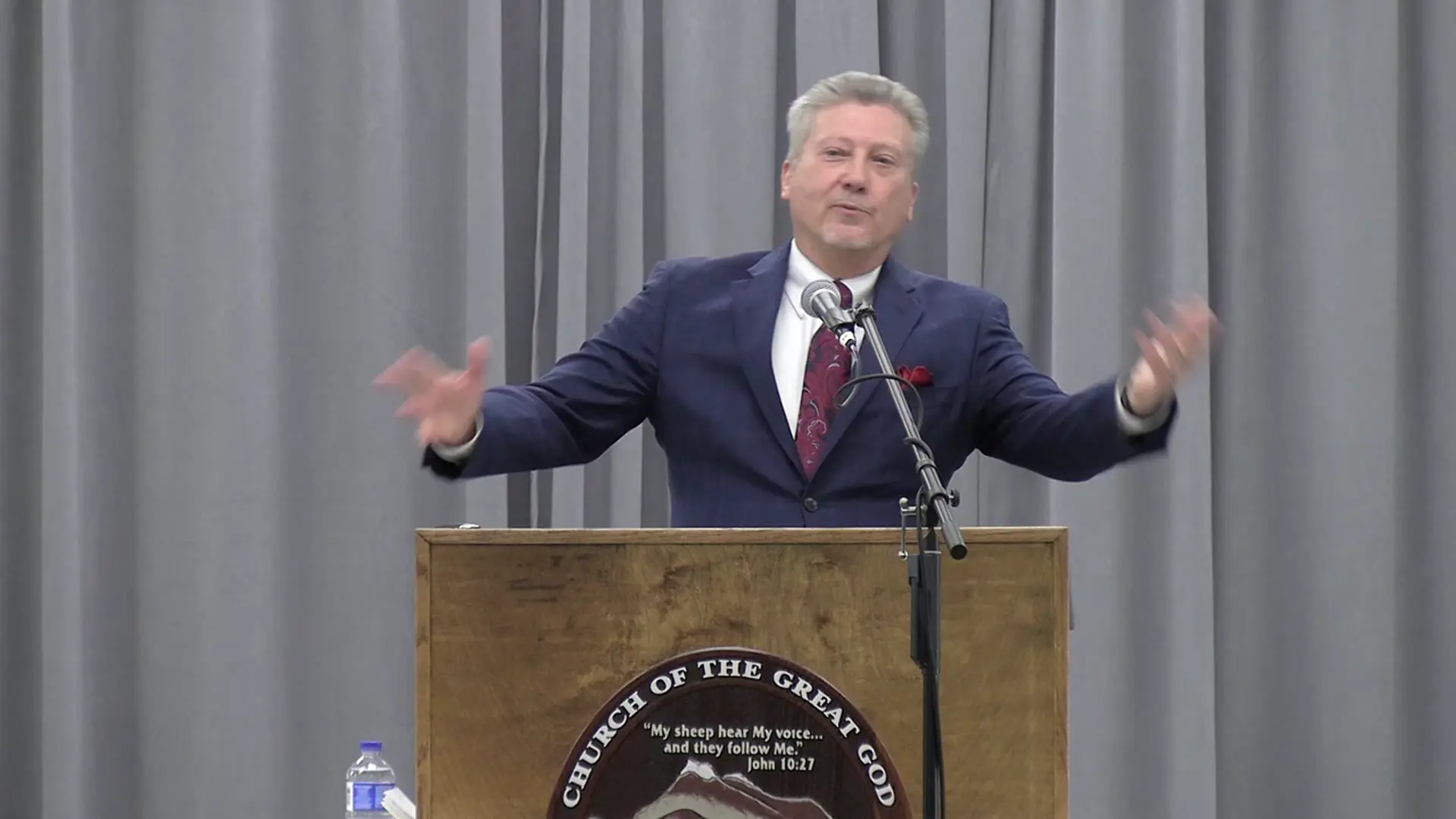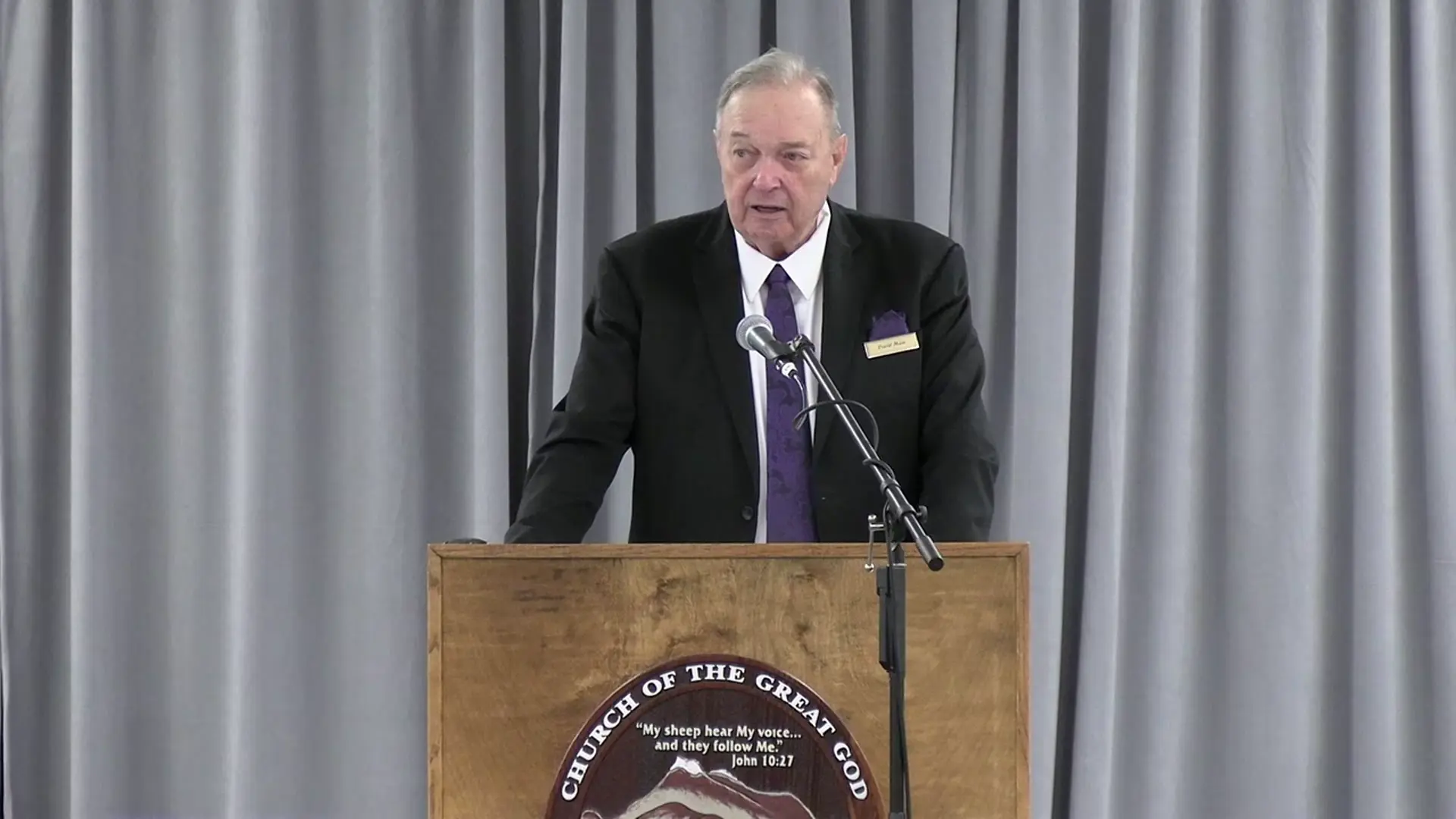Filter by Categories
The Sabbath: Creation
Feast of Tabernacles Sermon by Richard T. RitenbaughThe Sabbath, rooted in the Hebrew word Shabbat, fundamentally means to cease or to stop, rather than merely to rest. This stopping is not just about physical rest but signifies a deliberate end to regular activities to focus on something distinct. God Himself set the example by ceasing from His creative labor on the seventh day, reflecting on His work with a sense of completion and well-being, and sanctifying that day as different and holy. This act of stopping by God was not due to fatigue, as He never grows weary, but to shift focus from physical creation to a deeper, spiritual purpose. For us, the Sabbath is a time to halt the busyness of the six preceding days and refocus on what is truly important. It is a day to contemplate and reflect, mirroring God's actions when He assessed His creation with satisfaction. The Sabbath is not merely for lounging or extra sleep, though resting the body is a benefit; it is primarily a time to align with God's ongoing work. This work, as exemplified by God on the seventh day, involves a transition to spiritual creation, building faith and holiness in those He has called. Observing the Sabbath as a day of stopping allows us to participate in God's purpose, setting aside worldly distractions to concentrate on knowing Him. It is a weekly reminder that God is actively working to sanctify us, making us holy as He is holy. By stopping our usual tasks, we join Him in this spiritual endeavor, devoting the day to learning, fellowship, and worship in a holy convocation. Thus, the Sabbath stands as a distinct day, marked by a cessation of ordinary labor, to engage in the divine work of growing in the character and image of God.
The Sabbath: Rest
Feast of Tabernacles Sermon by Richard T. RitenbaughThe Sabbath is an antidote to the weariness we experience. It recalls God's pausing after completing His physical creation, focusing on the spiritual creation.

Jesus in the Feasts (Part Six): The Eighth Day
Feast of Tabernacles Sermon by Richard T. RitenbaughThe Eighth Day encapsulates the fullness of God's divine plan through Christ, who embodies and fulfills every lesson, hope, and promise depicted in the holy days.
Skipping Services? Consider Carefully
CGG Weekly by Richard T. RitenbaughGod's word marks the Sabbath as a time of His calling His people together for worship, so attending church services is a vital part of the Christian Sabbath.
Shabbat Shalom
Sermonette by Clyde FinkleaThe word shalom denotes 'making something whole' or returned to well-being or good health. True biblical shalom refers to inner completeness and wholeness.
God's Rest and the Millennium
Feast of Tabernacles Sermon by Richard T. RitenbaughThe Millennium or God's rest will be an exceedingly busy time, a time when all of humanity will be converted, a time everybody will be on the same trek.

Simplifying Life (Part Five)
Feast of Tabernacles Sermon by David F. MaasThe seventh-day Sabbath is God's design for rest, sanctification, and restoration, both today and for the entire creation in the Kingdom of God.
God's Rest (Part 1)
Sermon by John W. RitenbaughThe Sabbath rest depicts the miracle of conversion, in which the transformation of mankind into God's image brings about a rest in which God takes pleasure.
The Fourth Commandment: Idolatry
Sermon by John W. RitenbaughGod, not man, created, sanctified and memorialized the seventh day Sabbath from the time of creation, intending that man use this holy time to worship God.
Re-education (Part 1)
Sermon by Richard T. RitenbaughGod mandates that we unlearn carnal processes (purging the leaven) and totally adopt new spiritual processes- eating unleavened bread of sincerity and truth.
Is 'I AM' Truly the Lord Your God?
Sermon by Mark SchindlerWhen Jesus was asked to acknowledge His physical family, He responded that those who yield to the Father's direction are His real family.